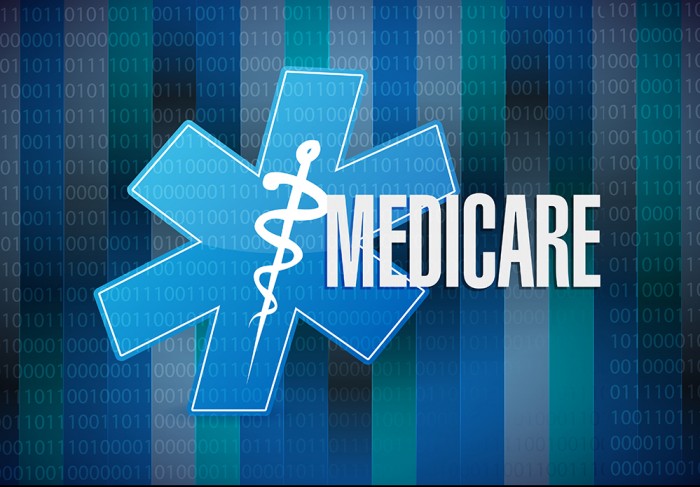The Centers for Medicare and Medicaid Services (CMS) released the fiscal year (FY) 2025 hospital inpatient prospective payment system (IPPS) proposed rule. While the proposed rule is focused primarily on provisions specific to acute care hospitals and long-term care hospitals (LTCH), the rule includes a proposed mandatory model — the Transforming Episode Accountability Model (TEAM) — that would implement episode-based payments for five procedures: lower extremity joint replacement, surgical hip femur fracture treatment, spinal fusion, coronary artery bypass graft, and major bowel procedure.
Under the proposed program, selected acute care hospitals would coordinate care for fee-for-service (FFS) beneficiaries who undergo one of the listed procedures and assume responsibility for the cost and quality of care through the first 30 days after the Medicare beneficiary leaves the hospital. Hospitals required to participate would continue to bill Medicare FFS but would receive a target price based on all non-excluded Medicare Parts A & B items and services included in an episode; inpatient rehabilitation facility (IRF) care is listed among these covered services. Hospitals may earn a payment from CMS, subject to a quality performance adjustment, if their spending is below the target price (additionally, hospitals could owe CMS a repayment amount, subject to a quality performance adjustment, if their spending was above the target price). Hospitals will face a “graduated risk” scale through different participation tracks to allow participants to ease into full-risk participation.
Per CMS, the program aims to incentivize coordination between care providers during surgery, as well as the services provided during the 30 days that follow, and require referral to primary care services to support continuity of care. CMS notes that TEAM hospitals may “want to engage in financial arrangements with providers and suppliers or participants in Medicare Accountable Care Organization (ACO) initiatives who are making contributions to the TEAM participant’s performance in the model,” and TEAM hospitals could share reconciliation payment amounts or repayment amounts with these individuals and entities. IRFs are listed among the potential “TEAM Collaborators” by CMS. Comments are encouraged on both the proposed definition of a TEAM collaborator and their role in the model.
There are several other provisions notable for IRFs, including the fact that CMS is proposing to require that TEAM hospitals “must, as part of discharge planning, account for potential financial bias by providing TEAM beneficiaries with a complete list of all available post-acute care options in the Medicare program, including home health agencies (HHA), skilled nursing facilities (SNF), IRFs, or LTCHs, in the service area consistent with medical need, including beneficiary cost-sharing and quality information (where available and when applicable).” The list must also indicate whether the TEAM participant has a sharing arrangement with the post-acute care provider.
The model would begin in 2026 and run for five years and is intended to build on other episode-based models, such as the Bundled Payments for Care Improvement Advanced and Comprehensive Care for Joint Replacement Models. Like with other Center for Medicare and Medicaid Innovation (CMMI) programs, CMS will assess whether the model would reduce Medicare spending while maintaining or improving the quality of care.
The proposed rule will be published in the May 2, 2024, Federal Register and will be open for public comments.














